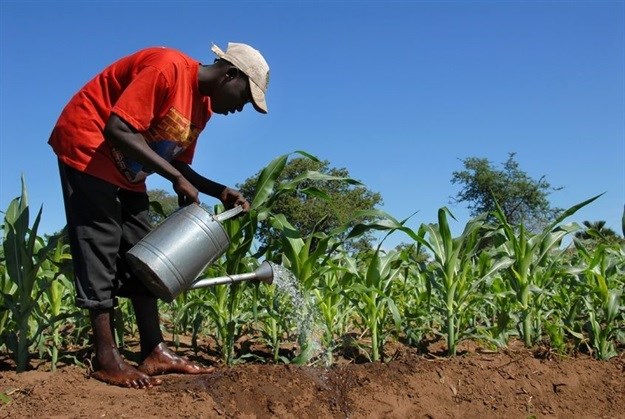
Top stories

Marketing & MediaBehind the campaign: Reframing fairness in ride-hailing: The inDrive success story
inDrive 3 hours





More news

















The VGGT promote secure tenure rights for land, fisheries and forests as a means of eradicating hunger and poverty, supporting sustainable development and enhancing the environment.
"The guidelines have improved the lives of millions of people by recognising, protecting and enhancing their legitimate tenure rights," said FAO director-general José Graziano da Silva. "There are still many challenges... First, private sector engagement should be fostered in many countries. Second, more actions should be undertaken at local and grassroots levels, and third, equal gender participation must be further strengthened," he said.
"The EU is committed to support a responsible approach to governance of tenure and to protect the interest and needs of land users. This is a win-win for all, as good land governance helps responsible resource management, creates business opportunities and contributes to sustainable development," said Neven Mimica, European commissioner for International Cooperation and Development.
In the five years since the guidelines were endorsed, they have inspired policy and legal reforms in many countries, from Gabon to Guatemala, and have started to make a difference to people's lives.
In Senegal, the guidelines have helped shape the National Land Policy which recognises different forms of legitimate rights over land. Sierra Leone's National Land Policy is largely based on the guidelines. Kenya has enacted the Community Land Act that promotes standards laid out in the guidelines to bring about land reforms in communal areas.
Colombia is using the guidelines to address post-conflict land-related issues and promote rural transformation through improved governance of tenure. The guidelines are also used in Burundi, Somalia, Sudan and other countries to help resolve land conflicts.
Last year, Uganda issued over 2,000 certificates of occupation to help protect customary tenure rights. In 2015, Russia, Ukraine and Kyrgyzstan sought to strengthen tenure rights by improving technology used for land registration based on the guidelines.
According to the Global Donor Working Group on Land, more than 200 programmes are currently in place all over the world to support the implementation of the guidelines.
Currently the European Union is supporting around 90 land governance projects in 40 countries, for a total budget of more than €240m. Over €60m of this is specifically to ensure the application of the Voluntary Guidelines in 18 countries, many of them in sub-Saharan Africa.
FAO's support to countries to implement the guidelines, including work in 78 countries, is funded by (in alphabetical order) Belgium, the European Union, Finland, France, Germany, Ireland, Italy, Sweden, Switzerland and the United Kingdom.
The guidelines were officially endorsed by the Committee on World Food Security (CFS) in 2012. The CFS is based at FAO's headquarters and is the top forum of the United Nations on food security policies.